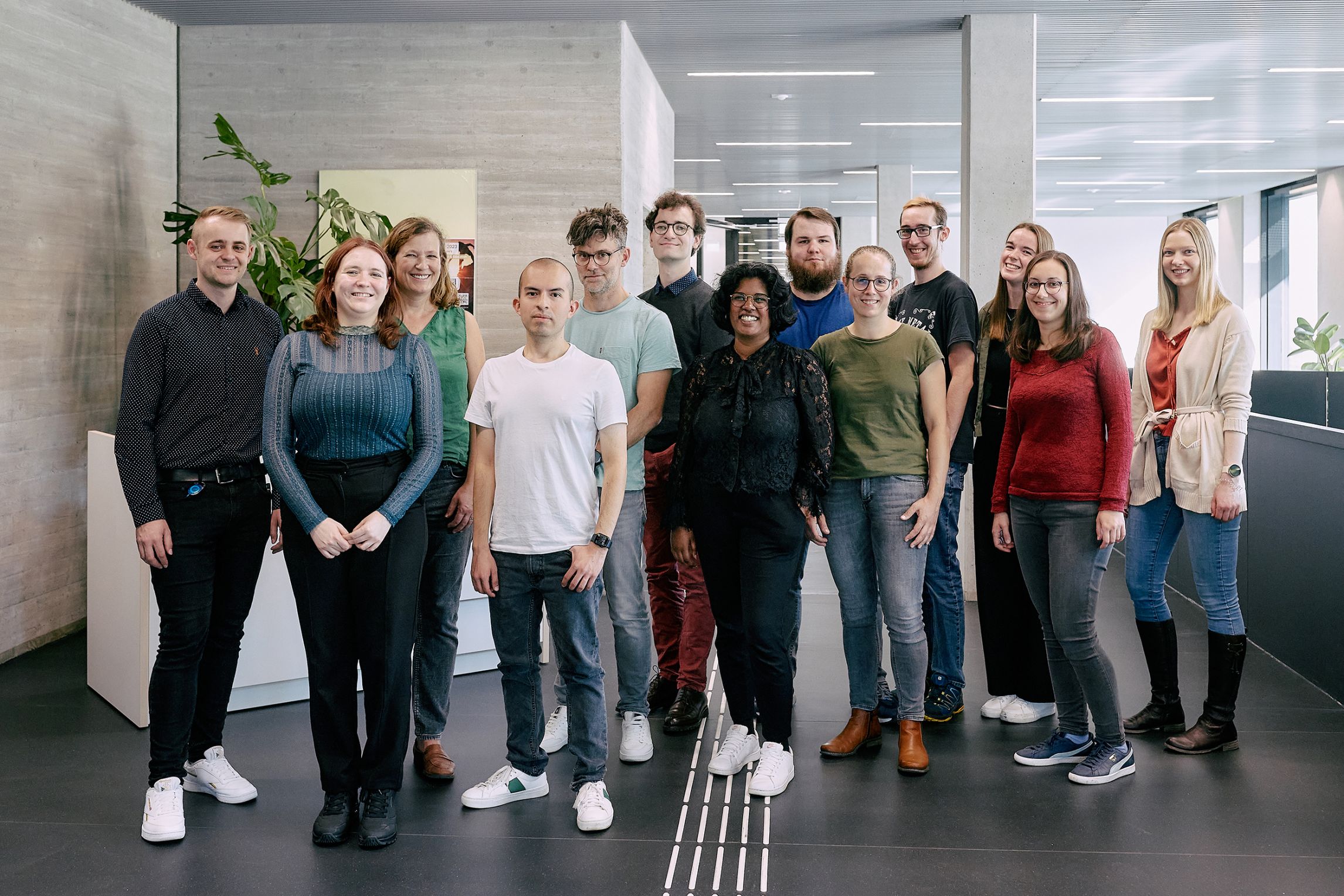The mission of the Link Lab is to advance knowledge and innovation in synthetic biology and antibiotic research, addressing two global challenges: sustainable production of chemicals and combating antibiotic resistance.
In the realm of antibiotic research, we investigate how bacterial metabolism influences the effectiveness of antibiotics. Through the integration of genomics, proteomics, and metabolomics, we map and explore the mechanisms of antibiotic resistance and antibiotic killing in three of the most critical pathogenic bacteria: E. coli, S. aureus and P. aeruginosa.
In synthetic biology, our objective is to engineer bacterial metabolism for a sustainable bioeconomy by producing chemicals with non-growing bacteria. Therefore, we employ innovative techniques such as synthetic feedback regulation, thermo-switches and real-time metabolomics to control the growth and overproduction of chemicals in engineered bacteria. Moreover, we aim to utilize synthetic CO2-fixation to access sustainable feedstocks for chemical production.


